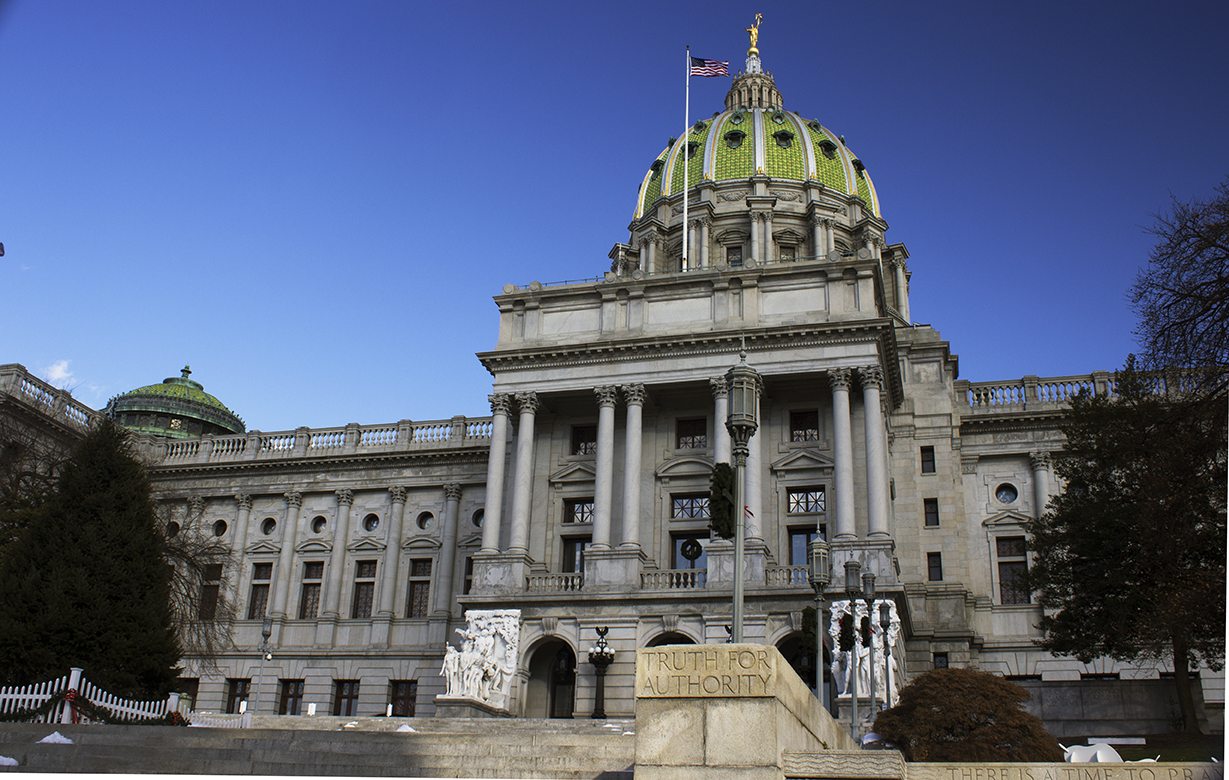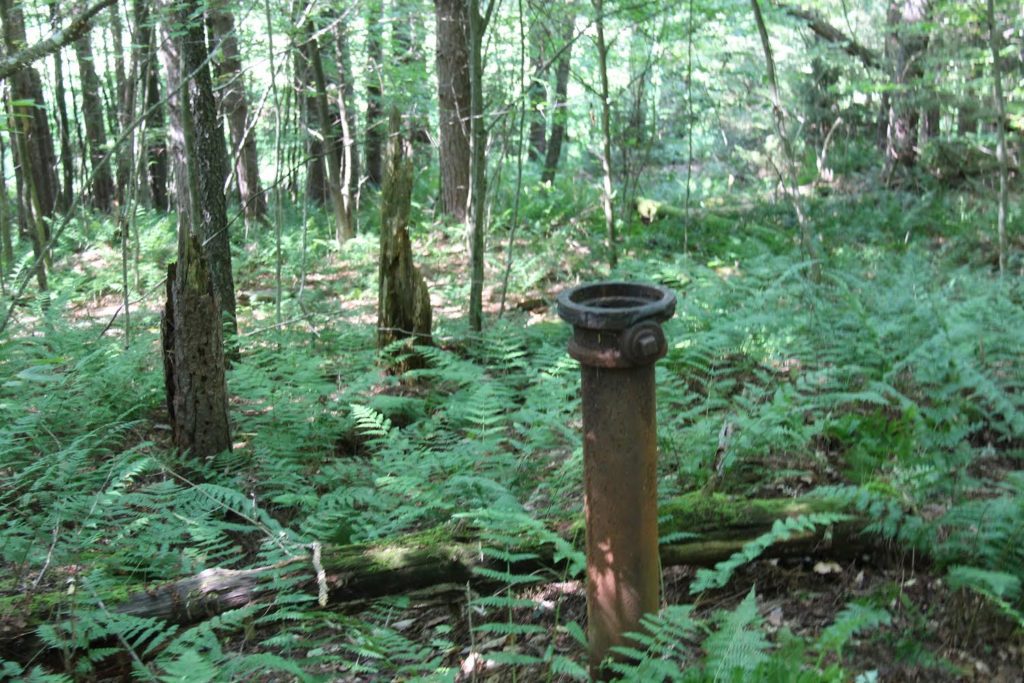Legal Lens: Ending PA’s Corporate Welfare for the Oil and Gas Industry

This summer, Clean Air Council and partners filed a joint lawsuit against the Commonwealth of Pennsylvania, challenging a recently-passed law that blocks critical efforts to require oil and gas companies to set aside sufficient funds to plug wells. In enacting this law, the Commonwealth in essence forced state taxpayers to foot the bill to plug abandoned wells or continue to suffer the harms of leaking and dangerous abandoned oil and gas wells.
For over a hundred years, oil and gas drillers have exploited the state’s fossil fuels and then abandoned unprofitable wells without plugging them to prevent leaks. As a result, Pennsylvania is home to hundreds of thousands of unplugged, abandoned oil and gas wells that can often spew toxic gases into communities.

The number of these unplugged wells is only rising. The Department of Environmental Protection has found that well operators continue to routinely fail to plug wells as required by law before abandoning them: between 2017 and 2021, the DEP issued 2,246 notices of violations to “conventional” (that is, non-fracking) oil and gas operators for abandoning wells without plugging them. And the Environmental Defense Fund estimates that Pennsylvania currently has 55,000 oil and gas wells that are at immediate risk of being abandoned.
These unplugged abandoned wells are a climate disaster and pose grave risks to nearby communities. Unplugged wells leak tremendous amounts of methane—a potent greenhouse gas—into the atmosphere, accelerating climate change. In fact, the EPA estimates that methane emissions from unplugged wells in the U.S. are equivalent to the climate change impact of 2 – 5 million cars. Abandoned wells also pose a grave threat to nearby communities. Abandoned wells often leak dangerous gases into the air, including known carcinogens such as benzene. These wells can also contaminate drinking wells, groundwater, and surface water.
To reduce the number of abandoned wells, in 1985 the Commonwealth began to require drillers to post bonds for wells. Before drilling begins, a driller must set aside funds in the form of a bond. Once a well is abandoned, the operator must plug the well to retrieve the capital back from the bond. If—as often happens—the operator does not plug the well, the bond is deposited into the state’s Abandoned Well Plugging Fund and used by the state to plug wells.
However, the bonding system in Pennsylvania is currently broken. While effective in theory, these bonds only work if they are set high enough to cover the cost of plugging wells. In Pennsylvania, bonds for conventional wells are usually set at $2,500—far below the $33,000 – $800,000 per well the DEP has assessed actual plugging costs to be. As a result, it is estimated that it would cost the state $15 billion to plug all orphan and abandoned gas wells in Pennsylvania. Meanwhile, the state only has $47.2 million in bonding money available.
As a result, taxpayers are forced to bail out drillers by paying to plug wells—or continue to suffer the environmental and climate harms caused by unplugged wells.
Instead of addressing this common-sense issue, Pennsylvania has doubled down. In 2021, the Council and partners took action on this critical issue, filing petitions with state regulators to raise these bonds to the actual costs of plugging wells. However, the state legislature intervened and passed Act 96 to block state regulators from doing their job and raising bonds. This law goes against taxpayer interests by preventing state regulators from requiring bonds above $2,500—thereby allowing drillers to continue abandoning wells and leave the costs for the state.
The Council believes that this new law violates Pennsylvania’s Environmental Rights Amendment—a right to a clean environment enshrined in our Constitution. This August, the Council and partners sued the Commonwealth, seeking to restore state regulators’ authority to raise bonding amounts to levels that correspond with the actual cost to plug.
The Council will continue to fight to end this corporate welfare for the oil and gas industry to protect the health and economic wellbeing of Pennsylvania residents.

